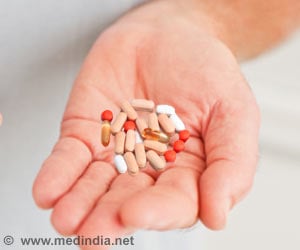Parental encouragement leads to alcoholism in teenagers, suggests a new Australian study.
Parental encouragement leads to alcoholism in teenagers, suggests a new Australian study.
The latest MBF Healthwatch survey found that 63percent of Aussies in the higher income bracket approve of alcohol consumption by 15 to 17 year olds at home under the eyes of parents."Our survey suggests, many Australians believe it's acceptable to buy alcohol for teenagers and allow them to drink under parental supervision at home," Bupa Australia, Chief Medical Officer, Dr Christine Bennett, said.
Dr Bennett continued: "Some parents may think this is harmless; some may see this approach as a way to teach their teenage children about socially responsible drinking. But we want parents to understand that early exposure may actually be doing them damage.
"Evidence suggests that the earlier the age that alcohol is introduced, the greater the risk of long-term alcohol related health problems.
"Binge drinking in young people is on the rise. Too much alcohol impairs young people's judgement, which can lead to violence, injury and build a pattern of use that leads to lifetime dependence.
"It's shocking to think that one teenager a week dies of alcohol abuse. We teach children about the harmful effects of smoking, unsafe sex and taking illicit drugs, but we also need to teach them about the damage that alcohol can do."
Nearly 63percent people earning over 100,000 dollars approved supervised drinking; 53percent people with incomes between 70,001 to 100,000 dollars were comfortable with the idea followed by 48percent people getting paychecks ranging from 40,001 to 70,000 dollars.
"That will mean educating young people about the risks of underage drinking and, as parents and a community, being good role models."
Source-ANI
TRI
 MEDINDIA
MEDINDIA



 Email
Email






